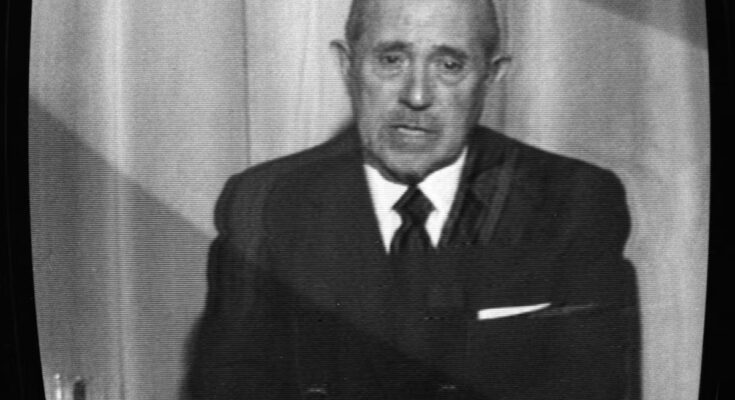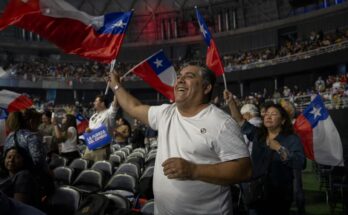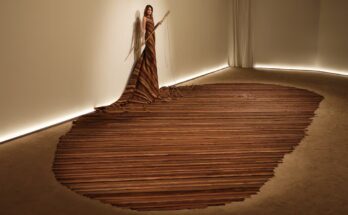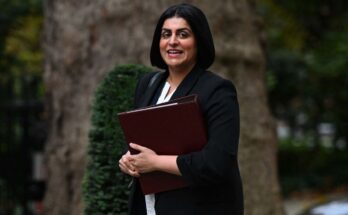One day I wake up and my mother tells me that Franco is dead. I turn over to continue sleeping, because in my limited historical memory the three days of mourning that were granted to us for the murder of Carrero Blanco still resonate. But my mother, so compromised for a few tenths, is not willing to give in today. And I go to school, taking the sandy path between officially protected buildings that we children usually walk because there is no traffic. Sometimes a man appears to us who opens his raincoat and shows us his penis. But today he isn’t there, because the exhibitionist gentleman (a word I didn’t know at the time) must have imagined that on that special day the girls won’t go to school, so why. I am the only one walking this small, winding path between the houses of the state. I’m a middle-class girl, living in a tower block, but I still have two years left to be ashamed of my privilege.
If you could see me from above, in uniform, short, with stiff black hair, you would think that I was the protagonist of a story that ends badly because on this frenetic daily journey, there is a silence like those lost in space. Not even a soul. But I do what my mother told me. I’m afraid of disobeying because recently they sent a letter from the school saying they will expel me next time. Suddenly, behind me, I hear a familiar voice: “Lindo, Lindo!” I turn around. He’s my science teacher. That blonde hair that shines in the recess sun, that love I feel this year for the natural sciences. “Where are you going? Don’t you know what happened?” Franco is dead, I tell him. My God, I think, that Franco had to die so that Don Luis and I could see each other in the midst of this lunar solitude. It’s a topic that only a horny ’70s director could come up with. “And don’t you know there’s no school? Go home,” he tells me.
Between disobeying my mother and obeying Don Luis, I choose the latter. I turn around and see him getting lost along the way. He’s a character in a novel, I think. I touch the wooden heart I bought from hippies from the church door a month ago. I didn’t have enough money, but then Don Luis, who always appears when you least expect him, came to me and lent me what I needed. Caressing the tell-tale little heart, I return home. I think I’m the only Spanish girl who went to school this morning. I’m a historian and one day it will be known.
At ten in the morning a man my brothers call El Orejas comes on television and says what we already knew, that Franco is dead. My father comes home from work and puts on his pajamas. I always help him. My brothers call me ball. They are, but with the truth before them. In a short time my father went from Palomares boxers to briefs, from cognac to whisky. Our life is in color, even if it appears in black and white on TV. From the historic day when I met Don Luis in the uninhabited suburb, everything accelerated.
We learned what we already knew: that one of my brothers was in the game. What a game it would have been. That the other would join the Youth the following year, and I, in imitation, after that Holy Week. By now I could already see the story beyond my nose, beyond my childhood left behind. Don Luis was kicked out, who knows why. My father tried to explain to me the notions of reproduction through the fertilization of the queen bee: what a shame, dad. My mother had time to vote and she voted what she wanted against her family’s history. My high school folders were full of stickers: Coming of age at 18, For UnaSexualitatLliure, Madrid for democracy, For freedom I bleed, I fight, I live, For the alliance of the forces of work and culture. The book of the Threshold arrived at my house, Memoirs of a right-wing childand I thought, come on, that was me until 1975.



